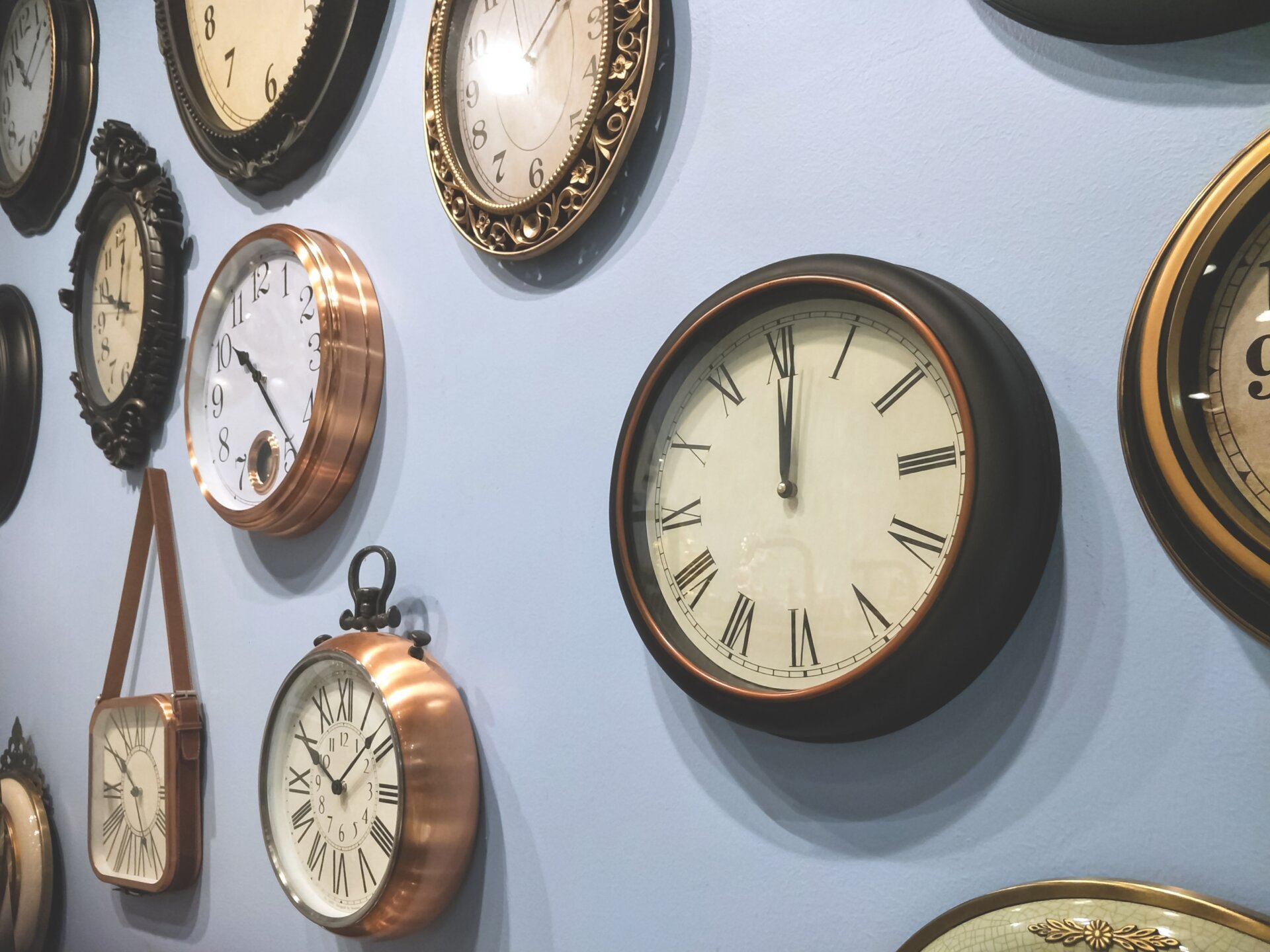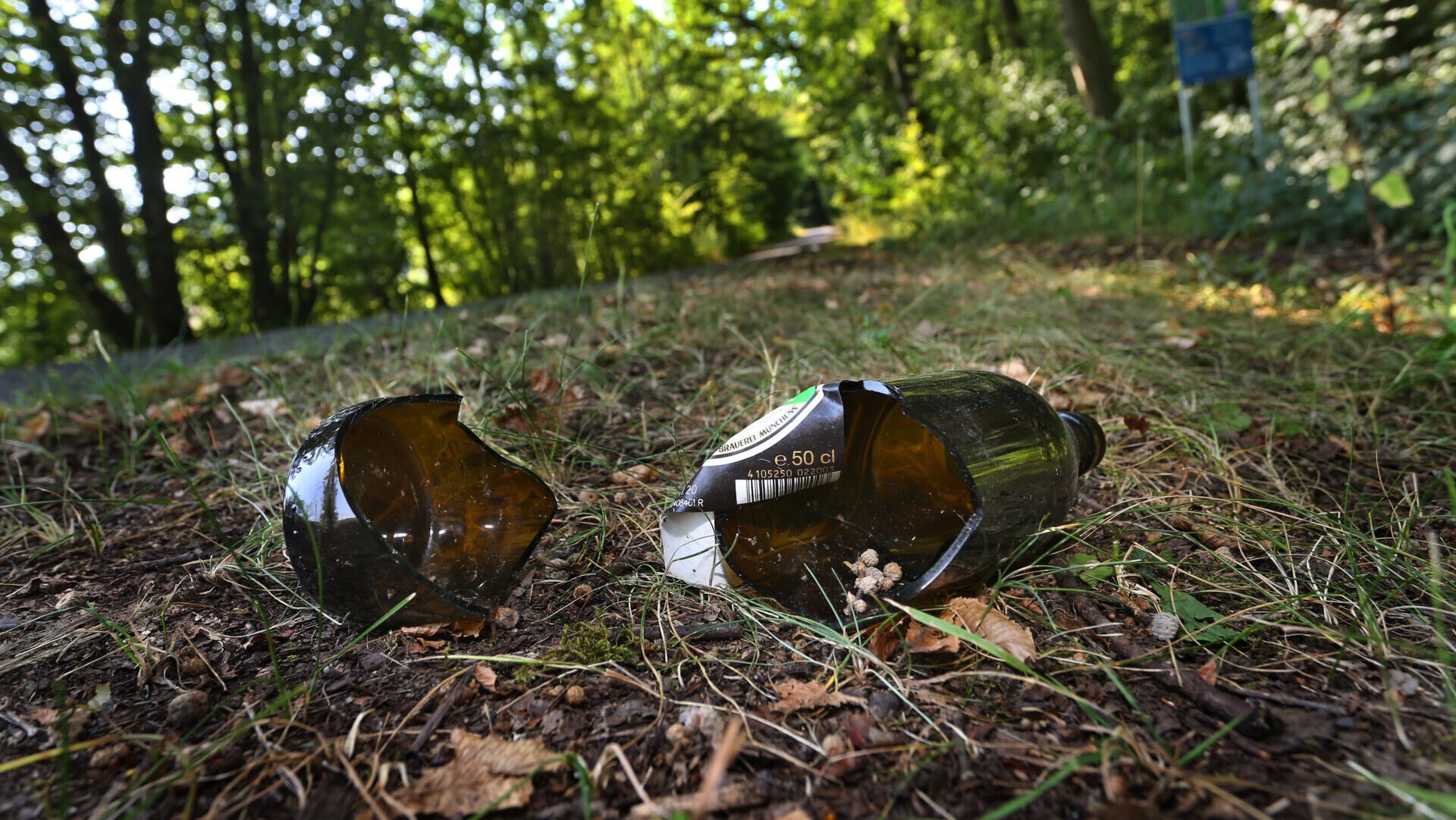The age-old saying “time flies when you’re having fun” might hold more scientific truth than we realize. A recent study on rat brains sheds light on how our perception of time is shaped not by the ticking clock, but by the richness of our experiences. This groundbreaking research, published in Current Biology, suggests that a busy mind perceives time as moving faster than one at rest.
Experiences, Not Minutes, Dictate Our Perception of Time
Researchers at the University of Nevada, Las Vegas (UNLV) monitored the brainwave activity of rats as they performed repetitive tasks over an hour. They focused on the anterior cingulate cortex (ACC), a brain region responsible for tracking experiences. The study revealed a fascinating pattern: the rats’ neuronal pathways remained consistent regardless of how quickly they completed the task. This suggests our brains mark time based on the number of experiences rather than fixed intervals like minutes or hours.
“We tell time in our own experience by things we do, things that happen to us,” explains lead author and UNLV psychology professor James Hyman. “When we’re still and bored, time crawls because we aren’t doing anything. Conversely, when many events occur, each activity propels our brains forward.” Essentially, a full schedule creates the sensation of time accelerating.
Practical Applications: Managing Time Perception
This understanding of how our brains perceive time offers practical strategies for navigating both pleasant and unpleasant experiences.
Hyman suggests that during unpleasant situations, engaging in other activities can help. “Do lots of things, especially new things. The more you experience, the further away the unpleasant event feels.” This constant stream of new experiences essentially pushes the negative event further back in our perceived timeline.
On the flip side, to prolong enjoyable moments, Hyman recommends the opposite approach. “If you’re with friends and everything is perfect, just stop doing stuff. Sit and chill. Slow down, and time will slow down with you.” By minimizing new experiences, we allow the present moment to stretch out in our perception.
Conclusion: Mastering the Subjective Flow of Time
This research reveals the subjective nature of time perception. Time isn’t solely dictated by external clocks but is significantly influenced by the density of our experiences. By understanding this connection, we can develop strategies to manage our perception of time, making unpleasant moments feel shorter and cherished ones last longer.











